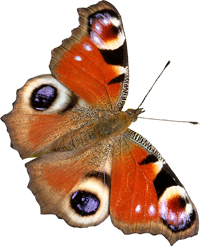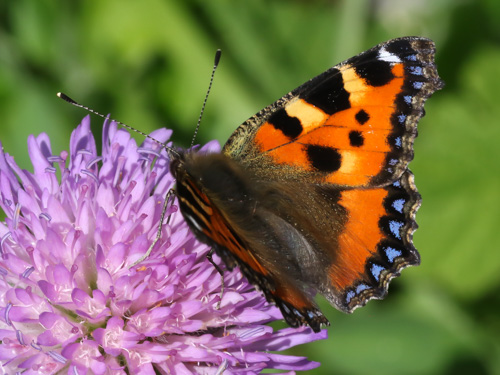
Valais, Switzerland, August 2019
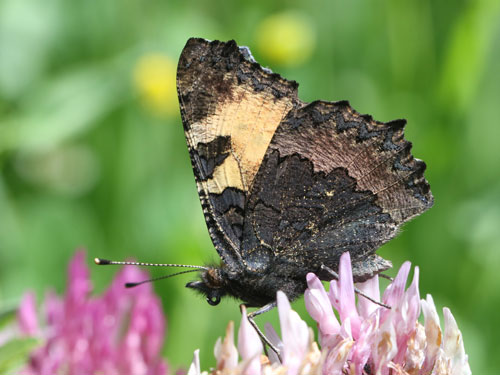
Vaud, Switzerland, May 2015
Field notes and information
One of the best known butterflies in Europe. It is widespread and common, although appears to be suffering from a serious reduction in numbers in the UK that started in the mid to late 2000s.
Identification & Similar species: The bright orange upperside ground colour, dark basal area on the hindwing, pale patches along the forewing costa and its smaller size help separate it from the much less frequent large tortoiseshells Nymphalis species.
On Corsica and Sardinia, it is replaced by the taxon ichnusa. This is now often considered a full species, although doubts remain as bred specimens revert to the more typical formurticae. It is separated by distribution and reduced upperside black markings in the basal area of the hindwing and two discal spots on the forewing.
Distribution & Flight: All Europe. Not north Africa.
Habitat & Behaviour: Very diverse habitats. An avid feeder, it will take nectar from flowers wherever they are found frequently in gardens and towns.
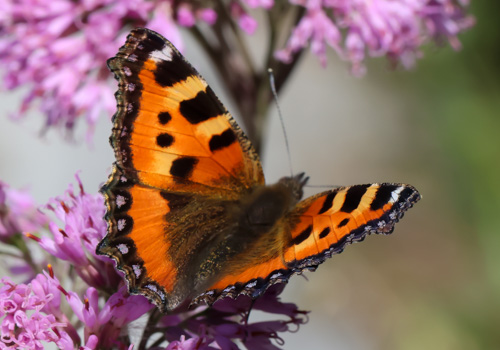
Valais, Switzerland, July 2022
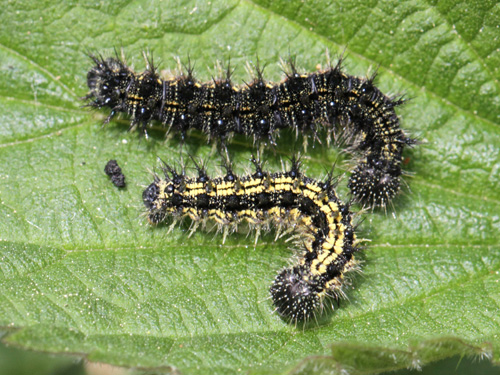
Vaud, Switzerland, May 2014
Different colour forms.
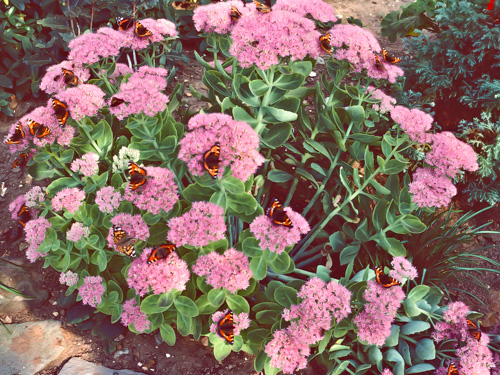
Cambridgeshire, UK, September 1982
Typical numbers found in autumn in my childhood garden.
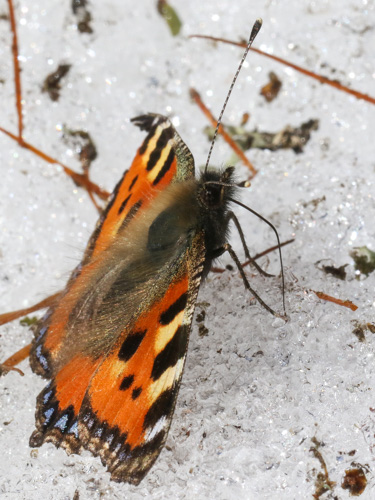
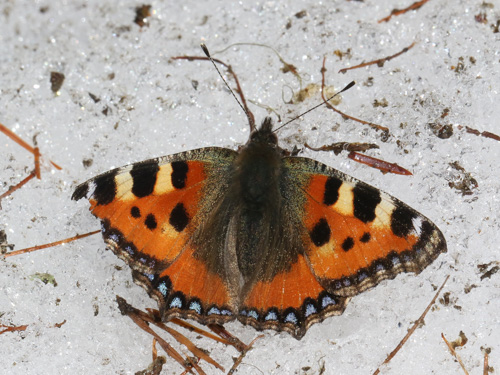
Valais, Switzerland, April 2018
Amazingly, taking water from melting snow.
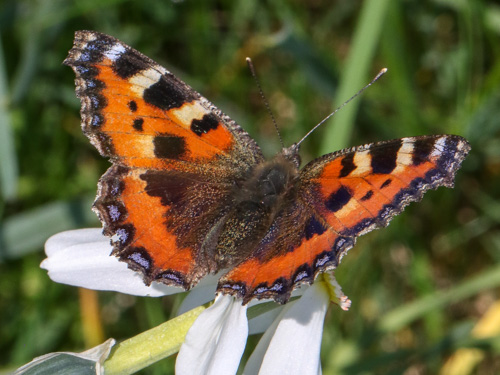
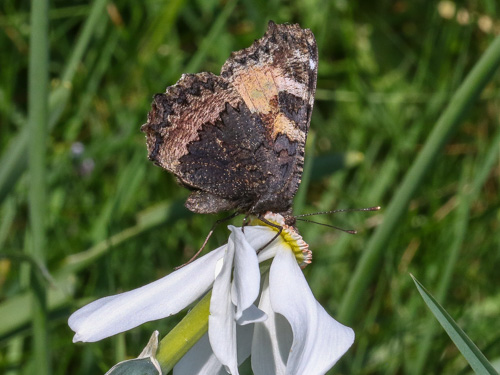
Vaud, Switzerland, May 2017
Nectaring on poet's narcissus.
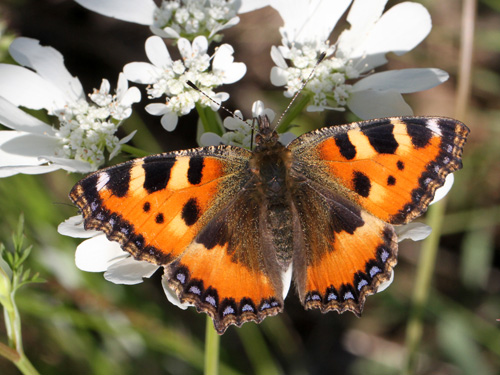
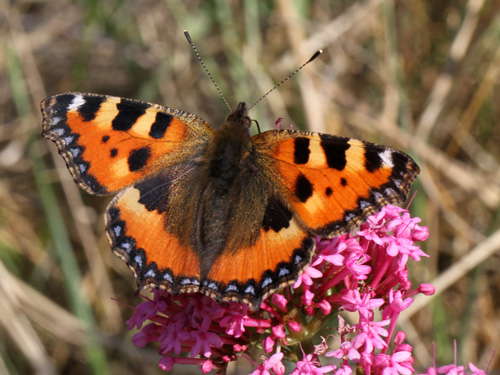
Valais, Switzerland, May 2014
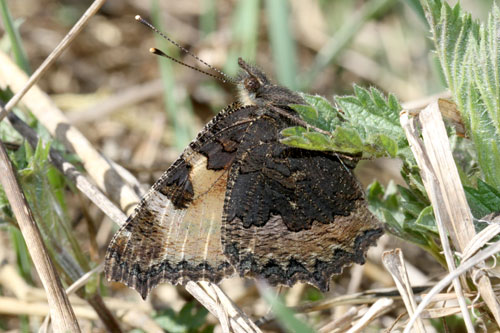
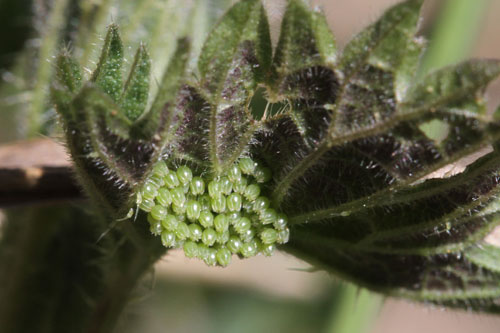
Valais, Switzerland, April 2011
Laying eggs on young growth of stinging nettle Urtica dioica.
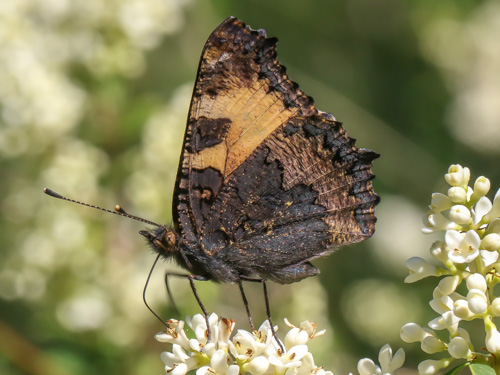
Geneva, Switzerland, June 2021
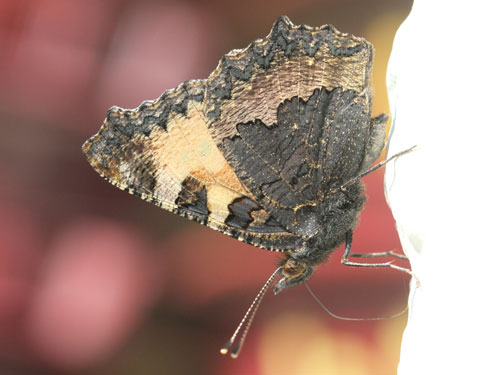
Isère, France, July 2013
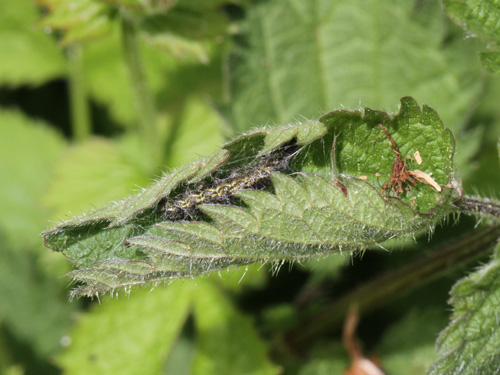
Vaud, Switzerland, May 2014
Larval tent.
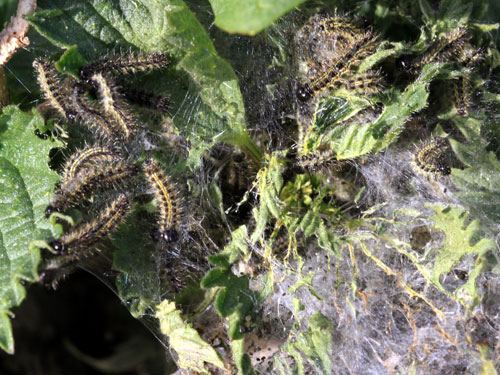
Valais, Switzerland, March 2012
The silk forming the larval nest can be seen.
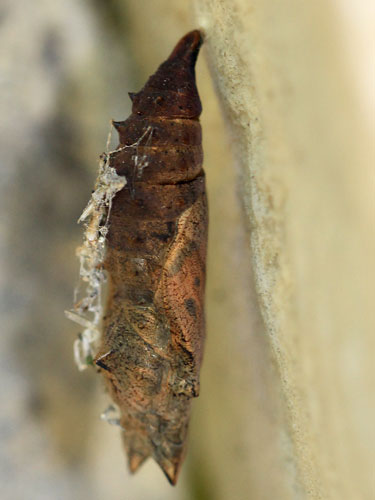
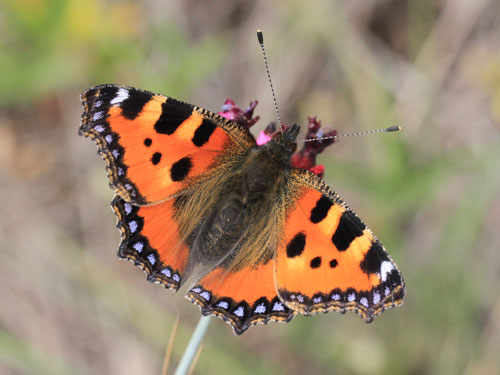
SW Serbia, June 2012
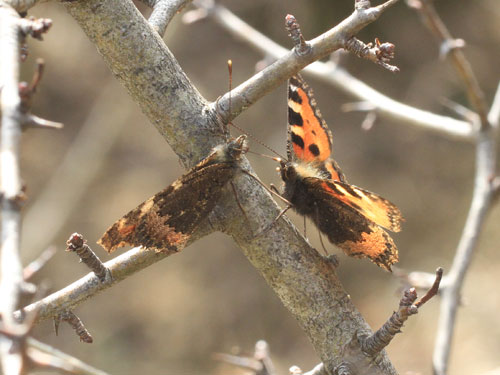
Valais, Switzerland, March 2012
Rarely seen courtship.
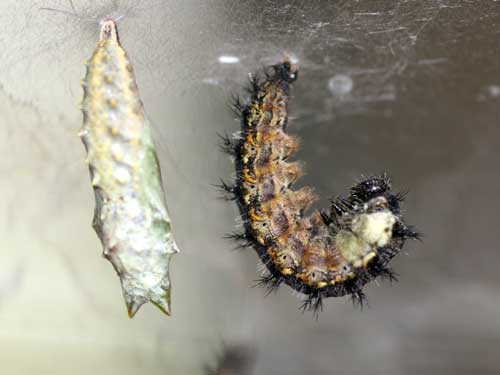
Vaud, Switzerland, April 2009
Pupation underway.
